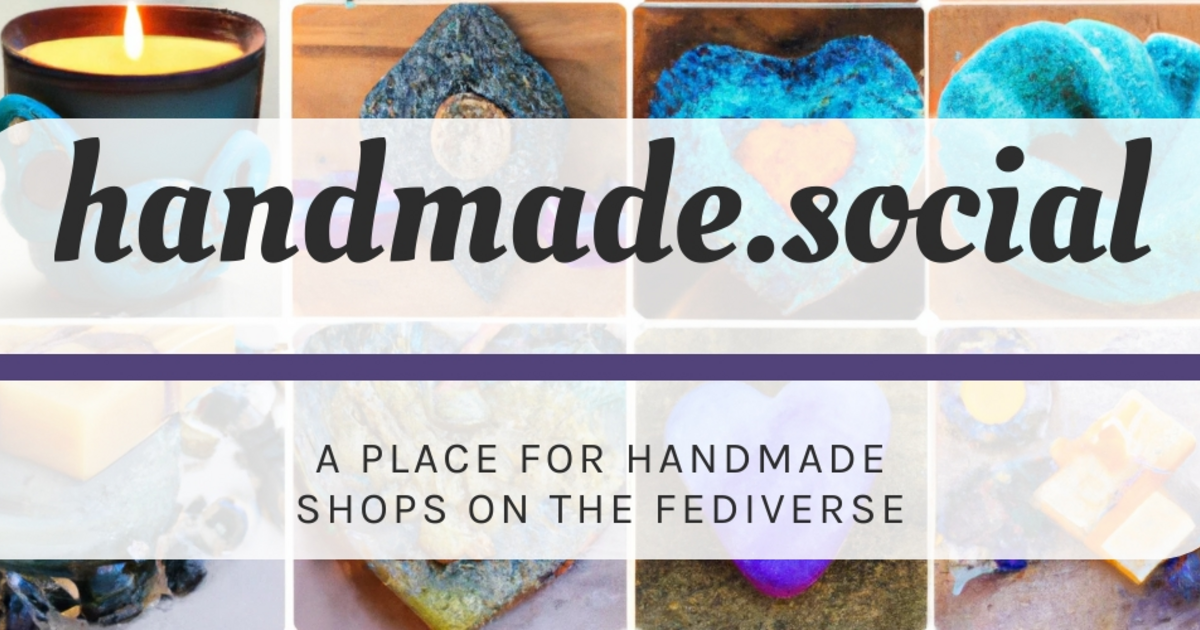
Office for Science and SocietyThe Unscientific Crusade Against Seed OilsThis article was first published in The Montreal Gazette. The Make America Healthy Again (MAHA) gang led by Robert Kennedy Jr. is not going to be happy with the results of a study recently published in the Journal of the American Medical Association. That makes me happy even though I have some questions about the study. Let’s start with the conclusion of that study carried out by Harvard scientists: “Substituting butter with plant-based oils may confer substantial benefits for preventing premature deaths.” Those plant-based oils include the “seed oils” that are dietary devils in the eyes of Kennedy and nutritional luminaries like Vani Hari (a.k.a. the Food Babe), raw meat advocate Brian Johnson (a.k.a. the Liver King), anti-vegan activist Max Lugavere and Dr. Joe Mercola, who relies on advice from a spirit with whom he regularly converses. These oils, in Kennedy’s words, are “poisoning America.” Actually, what is poisoning America is the monumental amount of misinformation that is being spread and swallowed by millions of people. The maligned seed oils are canola, corn, cottonseed, grapeseed, soybean, sunflower, safflower and rice bran. These are produced either by just pressing the seeds or pressing followed by extraction with hexane, a solvent that is then evaporated, leaving the pure oil behind. Hexane is one of the targets of the anti-seed oilers who claim that this petroleum derivative is toxic. Yes, it is, but hexane has a low boiling point and there is essentially no residue left in the oil after heating. The other claim is that seed oils cause chronic disease because they are “pro-inflammatory.” Seed oils actually contain a number of different fatty acids that fall into the omega-6 and omega-3 categories based on their molecular structure. The omega-3 fats are thought to be anti-inflammatory while the omega-6s have the opposite effect, but there is no evidence that seed oils as part of the diet influence blood markers of inflammation. The issue with seed oils is not that they are inherently unhealthy, but that they are extensively used in ultra-processed foods that can be deemed unhealthy because they are high in sugar, salt and fat. That fat is in indeed in the form of seed oils, but that doesn’t mean replacing them with saturated fat, as found in butter or beef tallow, makes the food healthier. Quite the opposite. The evidence accumulated over decades indicates that replacing saturated fats in the diet with unsaturated fats, as found in seed oils, lowers blood cholesterol and reduces the risk of heart disease. Now we come to the Harvard study with its claim that a higher intake of plant-based oils is linked with a lower risk of premature mortality. That’s a real “ouch moment” for the MAHA crowd. So, how did the researchers arrive at this conclusion? They analyzed data collected from some 221,000 health professionals who over 33 years filled out food frequency questionnaires every four years. Over this time frame, 12,241 died from cancer and 11,240 from cardiovascular disease. Comparison of the diets of the subjects who died to those who did not revealed that the highest butter consumers had a 15 per cent higher mortality risk than the least butter consumers, while people who ate the most plant-based oils had a 16 per cent lower mortality risk. Further number crunching found that swapping just a tablespoon of butter with the equivalent amount of plant-based oils could lower the risk of death by 17 per cent. That skewers the contention that seed oils should be eschewed in favour of saturated fats found in butter, coconut oil and beef tallow. Now for my issues with the study. First, there is that troublesome word “may” in the conclusion, one we see far too often in observational studies such as this. It can just as well be replaced with “may not,” because such studies can only show an association and not a cause-and-effect relationship. Then there is the usual concern about the unreliability of memory when it comes to responding to food frequency questionnaires. I carried out a little trial of my own by meticulously writing down everything I consumed over three days, including amounts. Then a day later, relying on memory, I filled out a food frequency questionnaire of the type commonly used. I was shocked not only by having forgotten some foods that I ate, but also by thinking I ate something that I did not. I try to eat an apple every day, so I automatically put down three apples, but the written record showed only two. I had forgotten that one day I went out to lunch and didn’t have my usual apple. Try this experiment and I think you will see the snags in relying on memory about food consumption. Next, every observational study is plagued by confounders. Attempts are made to correct for age, activity level, smoking, alcohol and pre-existing conditions, but this is a difficult task. Perhaps butter consumers have a less healthy lifestyle overall, something that is difficult to correct for. It is hard to know how the researchers dealt with the fact that the highest butter consumers smoked twice as much as the lowest. That’s why observational studies have to be taken with a grain of salt — maybe two. Only properly designed interventional trials can yield truly reliable information. This was brought home to me back in 1993. At the time, I was already teaching a course on food and nutrition, and had just come across a study that found a strong association between vitamin E supplements and a reduced risk of heart disease. I remember making quite a big deal of this, given that the study was published in the exalted New England Journal of Medicine by scientists from Harvard, interestingly some of the same ones involved in the current butter study. Understandably, the potential of reducing heart disease risk by something as simple as popping a vitamin E supplement prompted a number of randomized, controlled, double-blind trials. These failed to show any benefit. The observational study had apparently produced misleading results because vitamin E takers were healthier not because they were taking the vitamin, but because they were more active and had a healthier diet — confounders that were not properly taken into account. Having learned from the vitamin E experience, this time with the butter versus seed oil study the researchers were more meticulous in correcting for confounders, making the findings more reliable. Any advice to replace seed oils with butter or with coconut or palm oil, which are not seed but fruit oils, can now be seen to be misguided. In contrast, advice to replace animal fats with canola, soy, and especially extra virgin olive oil is sound. Simply put, the crusade against seed oils is not based on evidence, but nevertheless has led to changes such as the fast-food chain Steak ‘n Shake switching to beef tallow for frying with the promise that “if veg oil broke your heart, our tallow will make you fall in love again.” Maybe with the undertaker. @JoeSchwarcz






